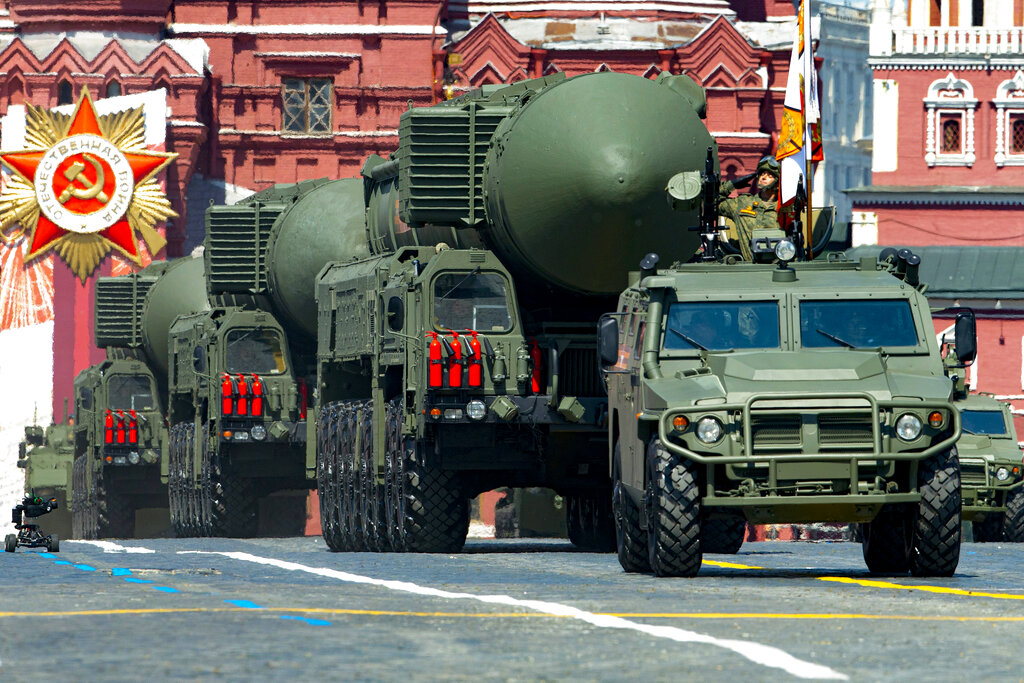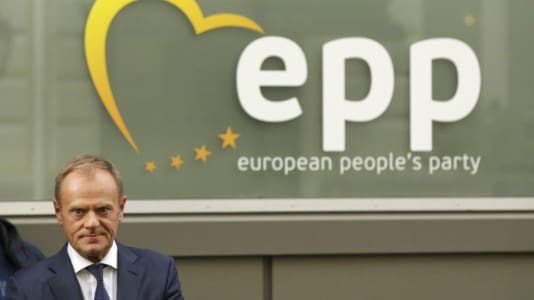Over a year ago, the Russian-Ukrainian conflict became an open war with the invasion of Ukraine by Russian troops, and it appears to be a war that does not want to end. Today, the situation is not much different than it was before the war broke out. There is currently no visible way out of the conflict, despite tens of thousands having already been killed, maimed, and wounded, and large swathes of land having been devastated. There is, however, one major reason for the cause of the war that is not being talked about.
Why did the tone of Russian foreign policy become so shrill in the fall of 2021? Why did the Russian leadership feel compelled in December to put all its eggs in one basket and launch a patently, hastily planned invasion? The reason it publicly gave may have contributed to the war, but it is probably only a pretext. The Russian leadership is silent about its real motive, but it must be clearly stated if the conflict is to be resolved.
Russia is unique, as a glance at the globe shows. It is by far the largest country on earth with its territory extending over large parts of Eurasia. Some 140 million citizens live in this huge area, of which about 100 million are Russians. This makes Russia an extremely sparsely populated country, with just 8 people per square kilometer. By comparison, the tiny speck on the southern edge of Asia, Bangladesh, is home to 165 million Bengalis; an average of 1,240 people per square kilometer.
Russia’s historical good fortune was that there used to be little interest in its hostile wastelands. But now the enormous value of its underground resources lying dormant is known. That turns the vast empire into a woman who attracts covetous looks. China and India are hungry, aspiring nations on Russia’s flanks, whose peoples can already add tenfold to their populations. What prevents them from taking what they want?
Russian militarism is rooted in this precarious situation. A country can only be ruled by those who can defend it. But Russia is less and less able to do so. The problem is not that it is numerically inferior to possible attackers — for the number of mobilized people is not so important for modern armed forces — but rather the ability of a national armaments industry to produce superior weapons in sufficient numbers. Russia is visibly losing this ability.
Better to be feared and respected than smiled at and ignored — that is the premise of Moscow’s foreign policy. From its point of view, this has so far guaranteed that European politicians could be met at eye level, that it was not treated by them as the supplicant of some African state over whose mining rights French and American companies are fighting. The Russian leadership is clinging to this with all its might, and this is the real cause of the war.
In the Baltic States, NATO has already moved close to the Russian capital, and with it a potential launching base. This is not a problem for Russia, nor is Sweden’s accession to NATO. However, a possible NATO accession for Ukraine is a problem because a Russian nuclear missile on its way to Berlin would have to pass over Ukraine. That makes it an ideal base for a European missile shield.
Here, a barrier could effectively stop the threat of a Russian nuclear attack at an early stage, but if one takes away the Russian leadership’s potential for violence, from its point of view, it is really nothing more than the chieftain of a native tribe that has to watch helplessly as foreign powers colonize and exploit its own homeland, perhaps leaving it a cultural folkloric reservation.
This is the real reason for the Ukraine war. What the Russian propaganda gives as reasons for the war is pre-textual. How could one explain to the Europeans that one feels existentially threatened if one no longer feels existentially threatened? Thus, the Russian leadership keeps silent about its real intentions, sees no other way out, and hopes for an impossible victory. Cornered, teetering on the precipice, just a finger’s touch away from the apocalypse. We live in troubled times. Unfortunately, with politicians who are not up to these times.






